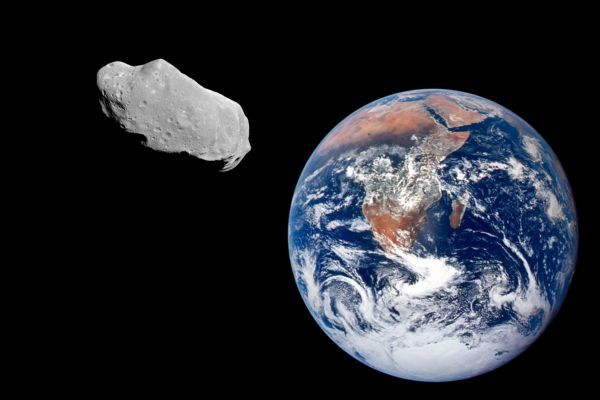Disir
Platinum Member
- Sep 30, 2011
- 28,003
- 9,607
- 910
Even time did not escape 2020 unscathed.
The 28 fastest days on record (since 1960) all occurred in 2020, with Earth completing its revolutions around its axis milliseconds quicker than average.
That's not particularly alarming – the planet's rotation varies slightly all the time, driven by variations in atmospheric pressure, winds, ocean currents and the movement of the core.
But it is inconvenient for international timekeepers, who use ultra-accurate atomic clocks to meter out the Coordinated Universal Time (UTC) by which everyone sets their clocks. When astronomical time, set by the time it takes the Earth to make one full rotation, deviates from UTC by more than 0.4 seconds, UTC gets an adjustment.
Until now, these adjustments have consisted of adding a "leap second" to the year at the end of June or December, bringing astronomical time and atomic time back in line.

 www.sciencealert.com
www.sciencealert.com
Yeah, it didn't feel like it was flying by.
The 28 fastest days on record (since 1960) all occurred in 2020, with Earth completing its revolutions around its axis milliseconds quicker than average.
That's not particularly alarming – the planet's rotation varies slightly all the time, driven by variations in atmospheric pressure, winds, ocean currents and the movement of the core.
But it is inconvenient for international timekeepers, who use ultra-accurate atomic clocks to meter out the Coordinated Universal Time (UTC) by which everyone sets their clocks. When astronomical time, set by the time it takes the Earth to make one full rotation, deviates from UTC by more than 0.4 seconds, UTC gets an adjustment.
Until now, these adjustments have consisted of adding a "leap second" to the year at the end of June or December, bringing astronomical time and atomic time back in line.

Earth Was Spinning Faster Last Year Than at Any Other Time in The Past 50 Years
Even time did not escape 2020 unscathed.
Yeah, it didn't feel like it was flying by.






